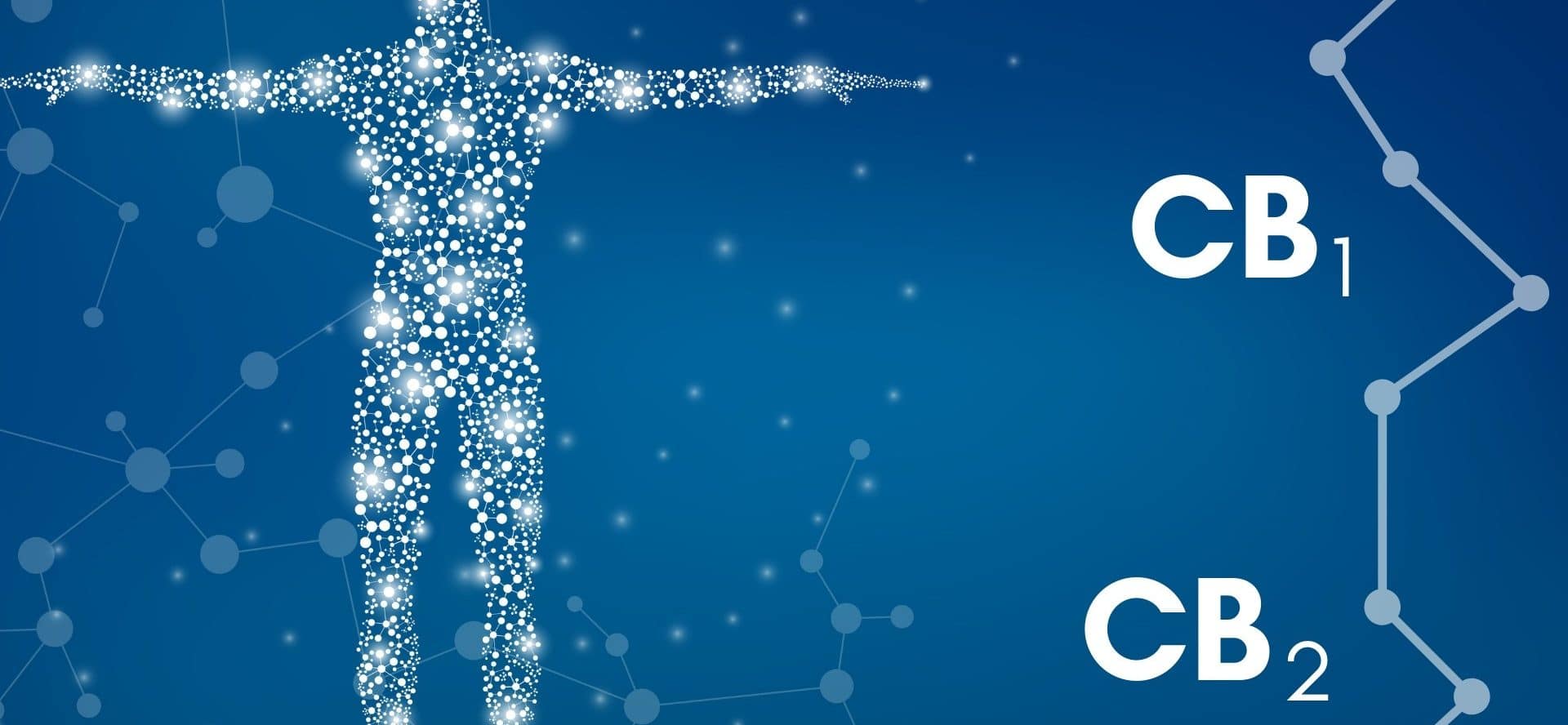How Can We Help?
CBD Oil for managing Parkinson's Disease
Parkinson’s disease is a degenerative disease that affects the central nervous system. It affects muscles and movement in middle aged and older people. In rare cases it affects younger people. It is characterized by uncontrolled trembling of the limbs and the head while at rest, impaired speech, stiffness of muscles, slow and unfocused movements, weak balance, muscle spasms, and shuffling gait later in life. The muscle spasms cause a lot of pain, and the continuous movements at night affect sleep quality.
Parkinson’s disease develops over time. In the beginning, the signs and symptoms are very mild and will not interfere with the quality of life. Steadily, the symptoms worsen and the person becomes slower and struggles to perform daily activities. Later, balance becomes a problem, falls become frequent, and the affected person struggles to eat, brush the teeth, and get dressed. Eventually the affected person may fail to walk, develops dementia and memory loss, and needs help to perform daily tasks. Some people become crippled quite fast, but most can live long productive lives while getting treatment.
Parkinson’s disease is connected to the deterioration of the basal ganglia of the brain and a deficiency of dopamine (a neurotransmitter that is connected to movement of body muscles). The brain cells that produce dopamine close down and the amount of dopamine produced declines progressively. So, the brain slowly fails to tell the body and the limbs how to move. The result is a group of symptoms that we call Parkinson’s disease which gradually get worse. The symptoms differ from person to person and no one really knows why.
Current treatment
There is no standard treatment for Parkinson’s disease. Available medications control symptoms, but they can cause a long list of side effects. Increasing the dosage in an effort to reduce symptoms causes tolerance to the medication, and the patient needs progressively higher dosages to get the desired relief. So, the medications lose their effectiveness over time and the symptoms come back.
Fortunately, natural remedies exist, and the most popular one right now is CBD.
CBD helps to control Parkinson’s disease
Many people are effectively controlling their symptoms of Parkinson’s disease with CBD oil. CBD can help relax muscles, lessen tremors, ease movements, improve sleep, and offer pain relief.
Scientists are studying CBD as a safe and effective treatment for the condition. So far, it has demonstrated noteworthy effects in preclinical trials for Parkinson’s disease through its neuroprotective, antioxidant, and anti-inflammatory properties. It can prevent or stop the damage of brain cells when given at certain concentrations. In one study published in 2014, 20 Parkinson’s disease sufferers smoked cannabis and experienced less tremors, better sleep, and less pain within an hour
How does CBD work?
In the 1990s, scientists discovered the endocannabinoid system (ECS), a major cell receptor system that is affected when dopamine cells die. It begins in the brain and spreads throughout the whole body. It consists of endocannabinoids and a network of receptors that create certain effects in the body when they interact with each other. Scientists have discovered two types of receptors:
- CB1 receptors in the brain and the gut which are responsible for body processes such as motor coordination, emotions, high cognition, and memory.
- CB2 receptors throughout the immune system and the central nervous system.
- Endocannabinoids, the cannabinoids that the body synthesizes.
CBD is similar to endocannabinoids. When you take it, it interacts easily and directly with the endocannabinoid system, which then functions better to regulate memory, sleep, mobility, appetite, and the immune system. As an antioxidant, it protects the neurons of the nervous system against damage by free radicals, and also revitalizes damaged/aging brain cells. Scientists believe that this is how it slows down the progression of Parkinson’s disease and reduces its symptoms.
Why the gut is important for Parkinson’s disease
The enteric nervous system (ENS) in the digestive tract handles neurotransmitters that flow throughout the body, and those that flow to and from the brain via the gut-brain axis. The gut-brain axis is a web or sheath of neurotransmitters that covers the lining of the digestive tract. Together, the endocannabinoid system and the ENS control communication between the central nervous system (CNS) and the ENS.
When a person develops leaky gut syndrome, early signs of Parkinson’s disease appear. Scientists suspect that this is because of loss of neurotransmitters such as dopamine through the holes in the gut, leading to more shortage of dopamine. Incidentally, deficiency of dopamine is linked to Parkinson’s disease.
CBD introduced into the body heals brain cells and helps the brain to produce more dopamine, that way reducing the symptoms of Parkinson’s disease.
Controlling Parkinson’s disease with CBD is not new
Cannabis was used for thousands of years for medicinal purposes by many cultures in Asia and Africa. Then, in the 1800s, doctors in the West gave cannabis indica tinctures to Parkinson’s disease patients to ease the nonstop trembling. It helped sufferers to fall asleep, and the body to get into rest mode so that it could repair itself. The doctors simply knew that cannabis worked and did not know how. The same CBD in cannabis that worked for Parkinson’s disease patients then is working for them now.
Research found CBD is safer than pharmacological drugs
Scientists reviewed literature published on 132 studies that focused on epilepsy and psychotic disorders to determine the side effects that CBD has on users. They found that CBD can be used safely at high doses, and it can be tolerated when taken for a long time. They also found that it does not induce seizures or trance characterized by rigidity of body. They did not find any alteration in body temperature, heart rate, and blood pressure, or any adverse effects on the digestive tract and food intake. However, they found that CBD may have side effects such as tiredness, diarrhea, and changes in appetite and weight on some people, but that its side effect profile is mild compared to drugs that are commonly used for these conditions.
Dr Ron Goedeke, specialises in alternative and functional medicine. He is a foundation member of the New Zealand college of Appearance medicine and has been a member of the American Academy of Anti-aging medicine since 1999. With over 20 years of experience in the anti-aging field, Dr Ron Goedeke is recognized as one of New Zealand’s leaders in this new and growing field of medicine.
Related Posts
All Posts

The Human Endocannabinoid System
The amazing thing about cannabis is the wide array of effects it can have on the human body which has helped fuelled such a large number of different cannabis studies. The big question scientists looked to answer was how can cannabis be so safe while offering such incredible effects, which led to the discovery of the endocannabinoid system.

Cannabinoids
Cannabis contains over 100 different compounds called cannabinoids where CBD and THC are a couple of the most abundant and well researched. The cannabis flower, present on the female cannabis plant is covered in resin glands where cannabinoids such as THC and CBD are extracted from. Cannabis resin is a dark to light brown substance which is scraped off the surface of the cannabis plant and pressed into a solid lump, sometimes referred to as hashish.

CBD Oil for Pain
One of the many benefits of CBD oil is pain relief and pain management. For many disorders that cause pain, patients are finding real relief by using natural CBD oil.
CBD oil is one of many cannabinoids found in the cannabis plant but is emerging as the most therapeutic with a growing number of health benefits.
